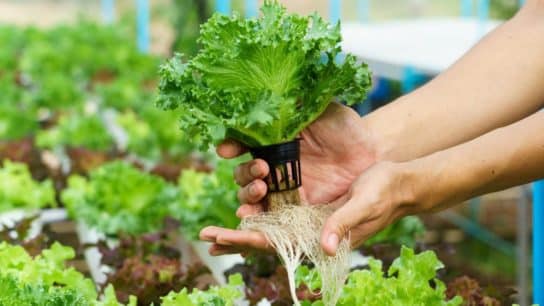As companies around the world are striving to meet net zero emissions to avert the climate crisis, indigenous communities in the Amazon rainforest are falling victim to carbon piracy.
—
Carbon Markets
The rapidly deteriorating climate crisis has prompted companies to invest in carbon markets to offset their emissions in hopes to achieve net-zero emissions. Currently, there are two types of carbon markets: compliance credits and voluntary offset markets.
Compliance markets are regulatory requirements or legally binding set by local, national, and international policy. At the national level, the European Union makes it a requirement for high-consuming energy sectors to participate in the Emission Trading System to offset emissions that cannot be mitigated at this point in time.
Voluntary offset markets allow companies, organisations, and individuals (also referred to as entities) to voluntarily buy carbon credits to offset emissions. Additionally, entities can be listed in a carbon registry to obtain credit for climate-friendly practices such as land use and forestry. The voluntary offset markets allow for entities to be on either side: to buy carbon credits to offset emissions or to sell carbon credits due to climate friendly practices.
If you want to read more about this topic, check out this article next: Can the Voluntary Carbon Market Help Improve Sustainability in Developing Countries?
What Is Carbon Piracy?
In the voluntary offset market, a particular process known as Reducing Emissions from Deforestation and Degradation (REDD+) has caught the attention of so called “carbon pirates”.
REDD+ was created by the United Nations Framework Convention on Climate Change (UNFCCC) to guide forest sector practices to reduce emissions from forest degradation and to implement sustainable forest activities.
Unfortunately, Indigenous communities in the Amazon, particularly in Peru and Columbia, are being manipulated into signing their land over to Western companies, as the latter seek to secure deals in these areas for offsetting projects, making them carbon pirates.
Carbon pirates seek countries abundant in ecological biodiversity, exploiting non-English speaking communities to sign rights over to them. This phenomenon was observed especially in countries such as Papua New Guinea, Africa, and Indonesia. Carbon pirates came into these nations to set up REDD+ carbon offsetting and communities were coerced into signing agreements that did not fit their best interests.
You might also like: Pros and Cons of Offsetting Carbon Emissions
Carbon Piracy: Voices From Indigenous Communities
In September 2022, The Guardian interviewed Amazon Indigenous representatives from last year’s COP27 and COP15 summits to hear their voice on the ‘carbon piracy’ happening in their communities.
The Kichwa Community in Peru’s Amazon had an $87 million carbon agreement with an undisclosed company in the extractive industry but were never delivered the money and claimed to be forced from their lands, the Cordillera Azul National Park, a protected area in Peru’s Ucayali tropical rainforest ecoregion. Although Indigenous peoples have been on this land for many years, the government isn’t recognising all of it as Indigenous lands, leading to “a potential mass land grab and conflict.”
In an interview with The Guardian, Indigenous leader Fany Kuiru Castro of the Uitoto community in the Colombian Amazon commented on how the majority of territories she visits within Colombia are connected with a carbon related company.
Castro explains that these carbon related companies “promise big money” once the Indigenous community agrees upon a project. In some carbon offset projects, agreements prevent Indigenous communities from hunting and fishing – vital activities for these groups – as they do not have access to their land.
Carbon pirates are invading their territory, taking advantage of Indigenous communities that are non-English speaking, and pressuring Indigenous people to sign English legal documents, explained Castro.
Wilfredo Tsamash, an Indigenous member of Peru’s Awajan community, is striving to learn more about carbon markets to prevent their community from falling victim to carbon piracy. Tsamash explained that carbon pirates are attempting to wedge communities apart by “working in the background” and offering monetary value for carbon credits before considering how Indigenous communities interact and depend on the land. He believes that carbon credits should not be sold to oil and mining firms as “they are the ones doing the damage.”
Final Thoughts
These voices of Indigenous representatives should be heard. There is only one Earth and humanity should be working together to protect it not taking advantage of others. Despite accounting for less than 5% of the world’s population, Indigenous people manage over 25% of the world’s land surface, and support 80% of the world’s biodiversity. Thus, as Daniel Kaul writes on Earth.Org: “As we look to protect our planet over the next decade, we cannot afford to ignore the role that indigenous people and local communities can and do play in the conservation of our most precious, biodiverse lands.”
You might also like: Indigenous People Are Essential for Preventing Biodiversity Loss. They Mustn’t Be Sidelined.














